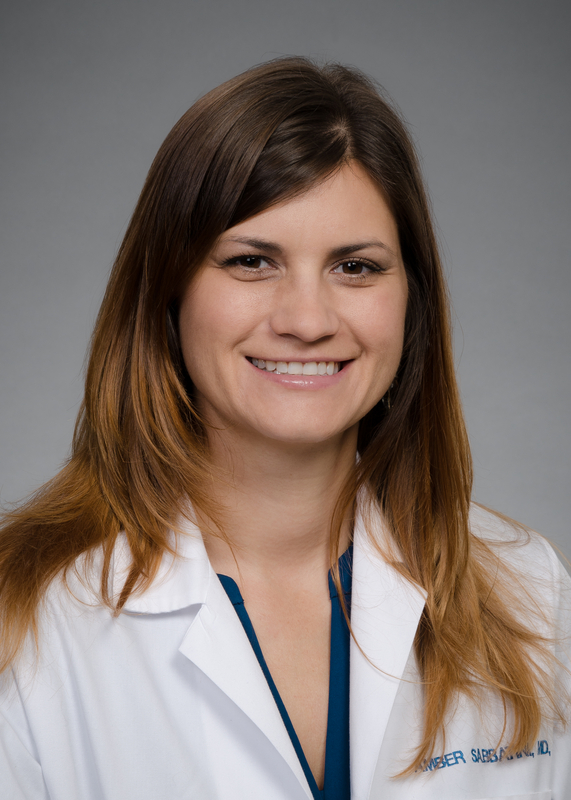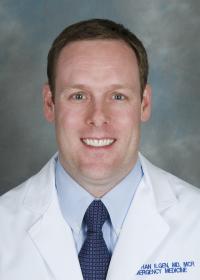
Dr. Sabbatini to study the impact of discharge delays on hospital crowding

Receiving timely care in an emergency department could become more challenging as overcrowding increasingly affects various aspects of healthcare.
One of the main culprits is the delay in discharging patients who no longer need hospital care. When patients are ready to leave the hospital but have nowhere to go—such as a skilled nursing facility (SNF) or home health care—they end up staying longer than necessary. This creates a bottleneck, where hospital beds are occupied by patients who no longer need them, making it harder for new patients, especially those in emergency departments (EDs), to get the care they need.
Dr. Amber Sabbatini will now be able to study this thanks to a new grant from the Emergency Medicine Foundation alongside Drs. Renee Hsia of the University of California San Francisco and Kori Zachrison of Massachusetts General Hospital. Drs. Tracy Mroz and Rachel Prusynski of the University of Washington Rehabilitation Center will serve as co-investigators.
Sabbatini sees this issue firsthand at Harborview Medical Center, where she said 100-150 patients are consistently occupying inpatient wards despite no longer needing hospital care. According to Sabbatini, SNFs often decline patients who are less profitable or present additional challenges, such as those with behavioral health comorbidities—populations that Harborview serves extensively. But it's not an issue unique to our area.
"In Massachusetts, 1 of every 7 medical-surgical beds--15% of those in the state--are occupied by patients that no longer need hospital care," said Sabbatini. "The California Hospital Association estimates that nearly 2,250 inpatients experience delays in discharge daily and another 2,000 ED patients requiring admission are boarded. Further, compared to commercially insured patients, Medicare patients are 1.5 times as likely and Medicaid patients are 2.5 times as likely to experience avoidable discharge delays."
Despite the severity of the problem, there hasn’t been significant research on how limited access to post-hospital care contributes to hospital overcrowding. Most of what is known is based on observations and reports from individual hospitals or states. However, to make real changes, Sabbatini said solid data is needed that shows the full extent of the problem across the country.
Her research aims to fill this gap by analyzing national data to see how the availability of SNFs and other post-hospital care options affects hospital overcrowding. From there, Sabbatini hopes to identify areas where change is needed, and push for policies that improve access to post-hospital care.








